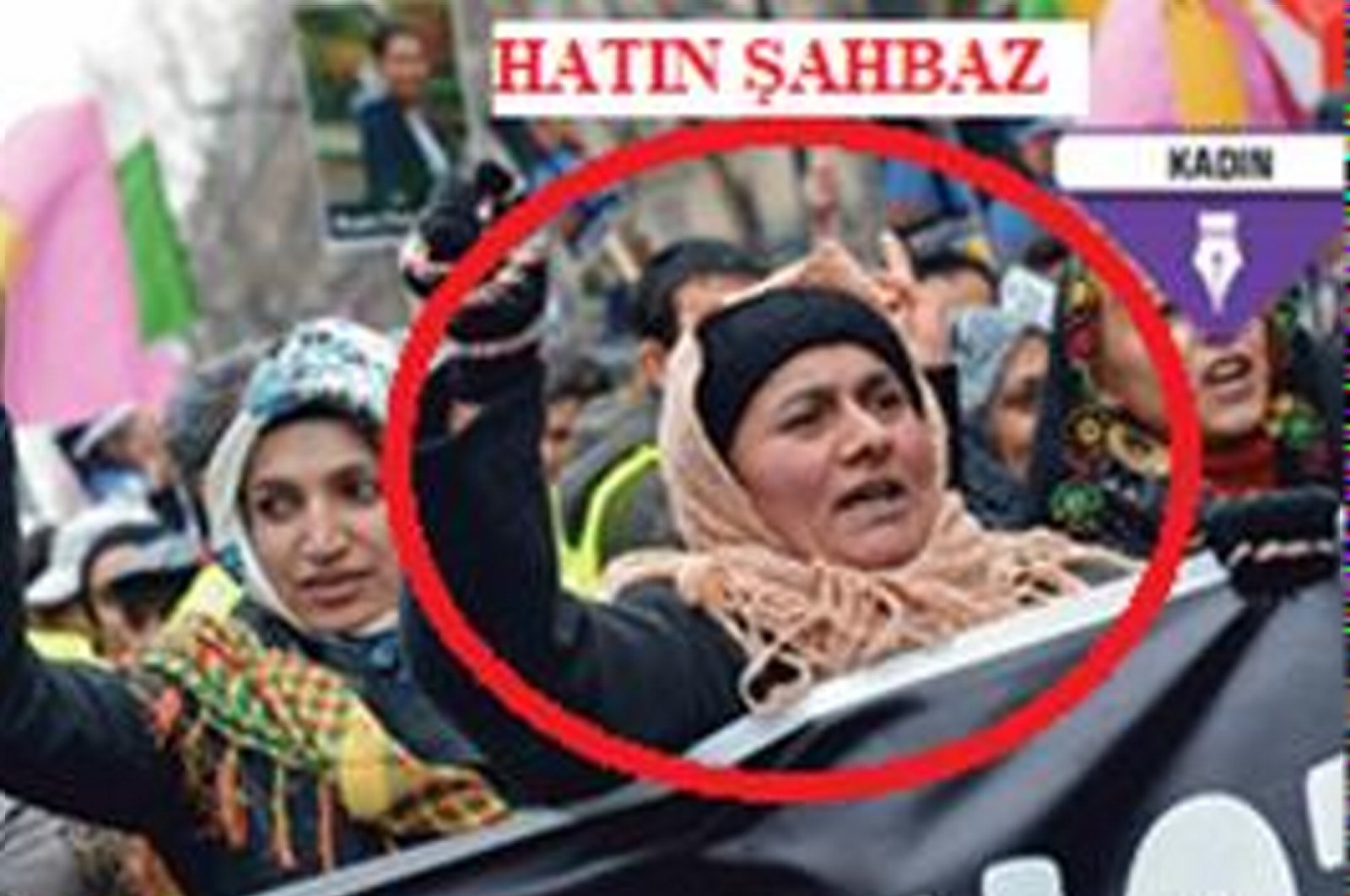
The National Intelligence Organization (MIT), in coordination with the Istanbul and Balıkesir police departments, arrested three PKK/KCK terrorists active in the organization’s Europe structure in a joint operation.
The three terrorists, who belong to the same family, were monitored by MIT for a long time, security sources said on Tuesday.
Zeynep Taşkıran and Zübeyde Taşkıran, who were active in Europe, were caught in Istanbul, while Hatın Şahbaz was arrested in western Balıkesir province. The terrorists were arrested by the judicial authorities, to which they were referred and sent to prison.
It was determined that Zeynep Taşkıran participated in activities against Türkiye in the organization’s French structure. Hatın Şahbaz, on the other side, took part in the organization's propaganda, especially in Germany’s Cologne and the French capital Paris.
Zübeyde Taşkıran, who had been part of the PKK/KCK’s rural cadre, changed her name after gaining German citizenship and continued her organizational activities under the name "Denise Taşkıran.”
As a result of the three arrests, security forces gathered helpful information about the terrorist organization’s structure in Europe.
The PKK's exploitation of legal gaps and vague policies in Europe has enabled it to recruit militants and finance its activities. European countries, particularly Belgium, have faced criticism for their perceived tolerance of PKK activities, including propaganda and recruitment efforts in France, Austria, Switzerland and the Netherlands. Despite the PKK’s classification as a terrorist group by the EU, there has been significant criticism of European nations for their inaction.
Türkiye has consistently urged its allies, including the U.S. and EU members, to enhance their support in combating PKK terrorism. However, these appeals have largely gone unanswered. The ongoing support of the U.S. for the PKK’s Syrian affiliates, the YPG, has been particularly contentious. Critics argue that this support, intended to bolster efforts against Daesh, contributes to regional instability and indirectly supports PKK activities.
Though officially outlawed in the EU and individual member states, in practice, the terrorist PKK has been allowed to demonstrate, raise funds for its terror campaign, and threaten or attack locals in European countries. In their activities in Europe, PKK sympathizers organize quickly, carry out violent acts, and clash with security forces.
